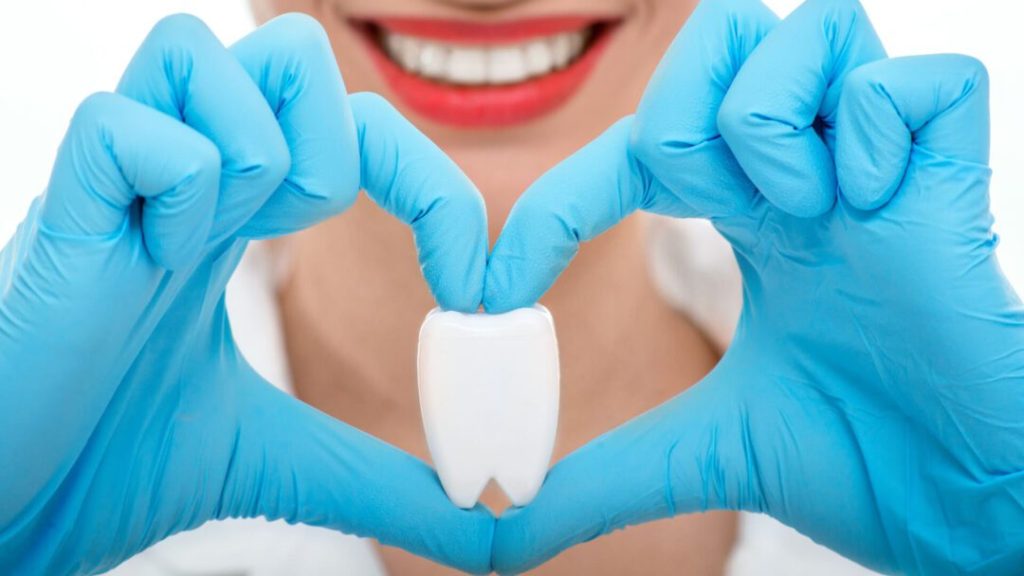Overview
Oral health is a good measure of a person’s general health. Sure, most bacteria in the mouth cannot create harm, but problems in the mouth act as an origin for both the digestive and respiratory tracts and can affect the body accordingly.
What Connection See Between Oral Health and General Health?
The mouth accommodates an array of bacteria; many kept in check by dental hygiene practices and saliva. Interference with normal oral hygiene or a decrease in saliva flow, mostly due to course medication or increasing age, can offer an opportunity for harmful bacteria to flourish. At this point, searching for a dentist near me can be crucial to prevent further complications. They can lead to caries or inflammation of the gums, thus allowing for infections to move beyond the mouth.
Systemic Conditions Related to Poor Oral Health
Oral infections can bring on several systemic conditions:
● Endocarditis: In relatively rare cases, mouth bacteria enter the bloodstream and infect the inner lining of the heart
● Cardiovascular disease: Chronic inflammation of the gums and presence of bacteria have been associated with clogged arteries, heart attacks, and strokes
● Pregnancy complications: Advanced gum disease is associated with prematurity and low birth weight infants
● Respiratory illness: The oral bacteria can be inhaled or aspirated and cause lung infections such as pneumonia.
Health Conditions That Affect Oral Health
Just as dental health may contribute to an individual’s systemic condition, chronic illnesses may affect dental well-being:
● Diabetes: Lower immunity makes people prone to periodontitis, and gum inflammation impedes control of blood sugar
● Osteoporosis: Being a bone-loss condition, it may weaken the jawbone said to provide support. Thus, infections in the gums are possible, and so may be the loss of teeth
● HIV/AIDS and immune disorders: With immune compromise, the likelihood and severity of oral infections become pronounced, including gum disease and lesions.
Oral Hygiene a Must
Here it was supposed to flourish where bacteria would be maintained. Daily brushing and flossing disrupt the formation of dental plaque-biofilm that causes decay and irritation of the gums. The individual must also be well aware of the erasability of the technique employed: at least twice daily brushing, being thorough all around with fluoride toothpaste, and cleaning between teeth.
Like precious jewels in a crown, keeping saliva healthy serves several purposes: cleaning food debris, neutralising acids, and maintaining bacteria in homeostasis. Some medications, like antihistamines, decongestants, pain relievers, diuretics, or antidepressants, may inhibit the production of saliva, thus posing an increased risk for caries.
Additional Observations
- It has been shown that inflammation brought about by periodontal disease, specifically periodontitis, has been linked to rheumatoid arthritis, Alzheimer’s disease, systemic inflammation, and even cognitive decline in older adults.
- Nutritional or systemic health status can be mirrored by oral signs. For instance, mouth ulcers may signal anaemia or nutritional deficiencies in iron, zinc, or B vitamins.
How to Safeguard Your Oral and General Health
Some oral health-giving and body-nurturing ways include:
● Brush your teeth twice a day for two minutes or after meals. Be wary of brushing immediately after acidic foods.
● Floss daily to remove plaque trapped in-between teeth.
● Maintain regular dental check-ups and professional cleanings.
● Limit tobacco use, and where possible manage medication side effects that reduce saliva.
● Consume healthy meals with low added sugars and drink plenty of water to encourage saliva secretion.

